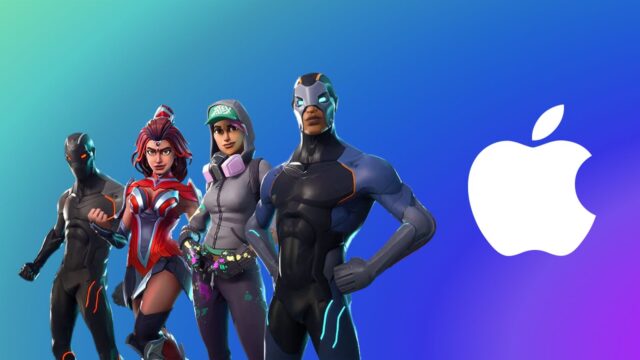U.S. District Judge Yvonne Gonzalez Rogers asked some key questions about the practices of Apple. At the same time. she asked f Epic’s abilities to keep users safe — which was the key argument for Apple. Experts suggest that Apple pleaded ignorance on several questions. This puts Epic Games on a better footing. Additionally, Tim Cook’s testimony on an earlier day came short of expectations. Again, this puts Epic Games in a better position. Epic Games is on a backfoot because of their ability to produce proof of their claims that Apple was being run as a monopoly. Apple was able to prove that it forms only 7% of the profits for Fortnite. Additionally, the game can be accessed at different platforms like Windows or the Sony Playstation.
How did the antitrust trial start?
In 2020, when Epic Games decided to update the “Fortnite” iPhone app to offer gamers the ability to pay Epic directly, it bypassed Apple’s payment processing system and its 30 percent commission. This irritated Apple and the company decided to remove “Fortnite” from the App Store. It also took a drastic step of cutting the complainant’s access to its Mac and iOS developer accounts, thus jeopardising the company’s work on Unreal. Epic decided to make a case that Apple makes it difficult to switch mobile operating systems, thus highlighting Apple’s dominance in the market. The company has mails where Apple executives are can be seen discussing Apple’s decision to keep iMessage exclusively on iPhones. As proof, Epic also has a mail where the executives have mentioned the company’s difficulty in detecting fraud on the App Store. You Might Also Like To Read: What Do US Senators Have Against Apple & Google?
The bench-trial debates
There are two big debates – one, does Apple really run a monopoly? The truth, it seems, is like there is a duopoly of Apple and Google. If we go by the recent statistics, almost half of U.S. smartphones run either on iOS Google’s Android operating system. Epic, in its 60-page complaint, is arguing that the “market” in this case should be defined as iOS, Apple’s mobile operating system. Epic’s key argument is that Apple makes it non-negotiable for all app developers to use the App Store to distribute software. It also claims that the forces app developers to use Apple’s payment processing system. U.S. law prohibits monopolies from tying one product or service to the sale of another. Apple has refuted the complaint by saying that App Store and its payment processing service are part of a single product. Therefore, it can’t be held guilty of “tying” two products together.
What’s at stake?
If Epic wins over, Apple will be asked to give all app developers and even the consumers a choice between using the App Store for software distribution and payments and alternative methods. If it happens, the tech giant will lose a major chunk of its revenue. The trial can be heard by the general public via teleconference. Click on this link to know further details.





